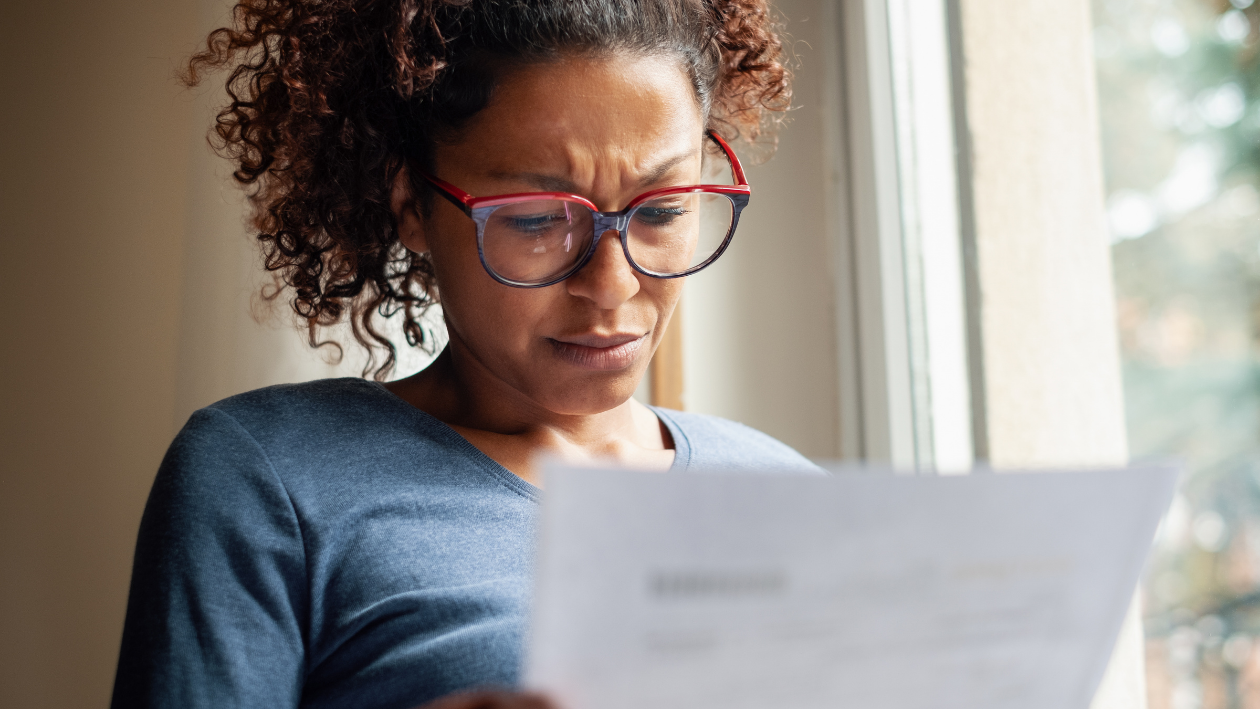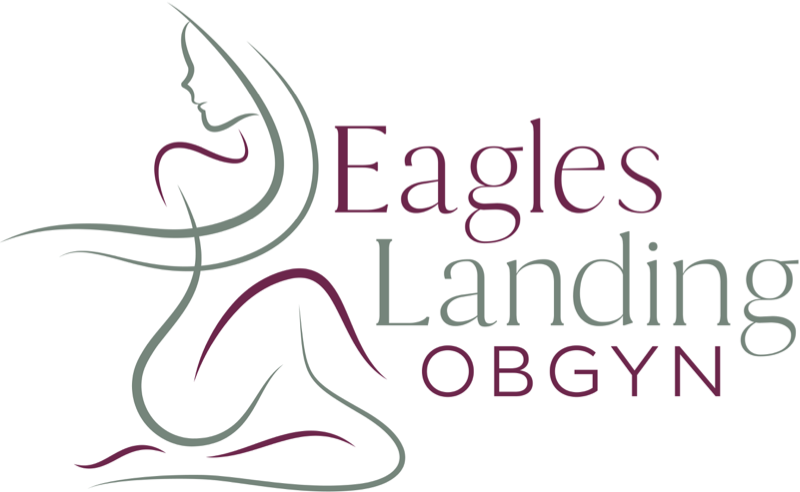
There is a correlation between bone weakening, called osteopenia, and menopause, chiefly because of the hormonal changes that come along with menopause. Understanding that correlation and how your specific risk factors also play into the health issues you might face in the future.
What Is Osteopenia?
Osteopenia is a condition in which bone density starts to drop. It’s a precursor to osteoporosis, in which bones are much more fragile and prone to breaking. Osteopenia has a high risk of becoming osteoporosis over time and if you don’t do anything about it. Diagnosing osteopenia happens through measuring bone density. You might need a baseline test to start with, so that you can get an accurate measurement of whether the bone density is changing and by how much.
Causes of Osteopenia
Both men and women are at risk of developing osteopenia, but women are at much higher risk. That’s because hormonal changes that come with age, including menopause, can lead directly to weakening of the bones and decreased bone mass. Other causes can include not getting enough weight-bearing exercise, being deficient in vitamin D or calcium, or taking certain medications. Health issues, like thyroid conditions or rheumatoid arthritis, can also make you more susceptible to osteopenia.
Preventing Osteopenia
Can you prevent osteopenia? Perhaps, especially if you’ve got some habits that could contribute to weakened bones. Drinking a lot of caffeine or alcohol, for instance, or smoking, are all habits you can change that could make osteopenia worse. Addressing nutritional deficiencies and rethinking a sedentary lifestyle can also help. If hormones might make you more susceptible to osteopenia, it’s important to talk to your doctor about what you can do.
Treating Osteopenia
Treating osteopenia depends a great deal on what is causing the condition in the first place. Often the solution involves supplementing critical elements necessary for strong bones, like vitamin D and calcium. Changing your diet to include more of these vital nutrients may be enough. Your doctor may also recommend that you start an exercise routine that involves weight-bearing movement, like walking.
Do osteoporosis or osteopenia run in your family? You might want to find out what you’re dealing with sooner rather than later. Eagle’s Landing OB/GYN in Stockbridge, GA can help. Contact us today to set up an appointment and we can help you to understand your risk factors for osteopenia and recommend a course of action that will work for you.
